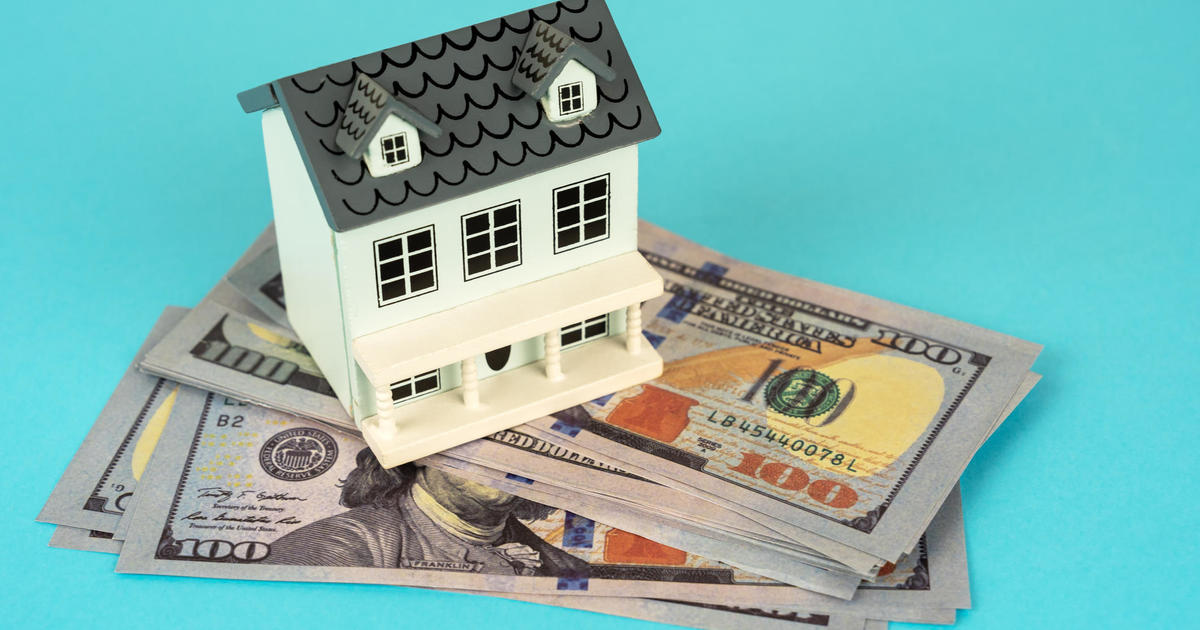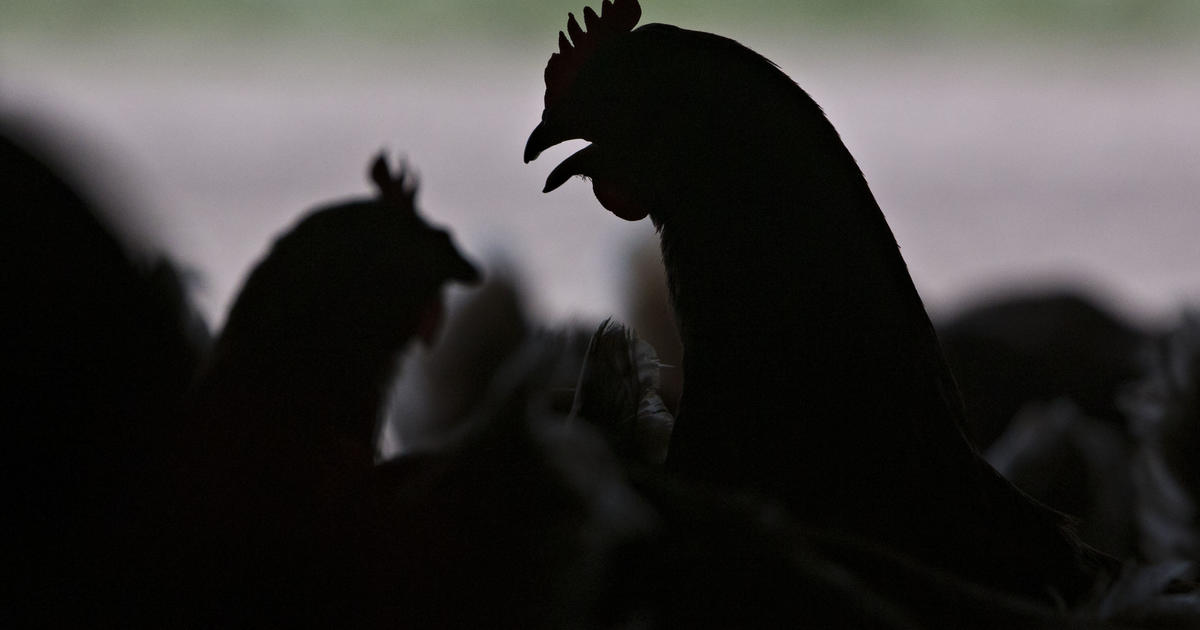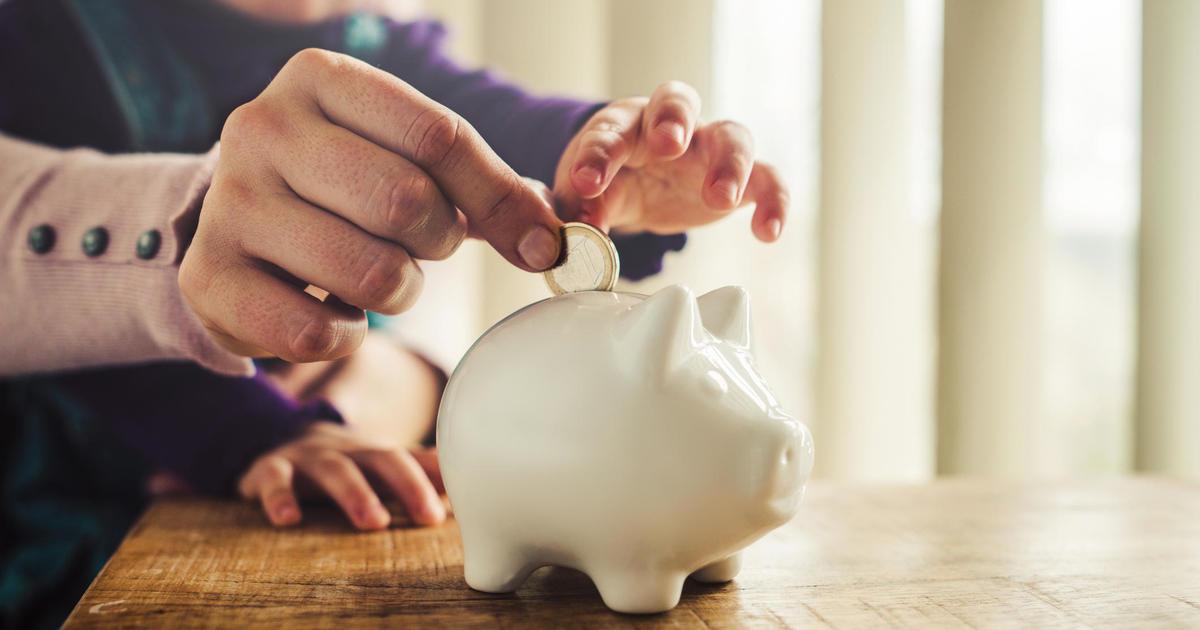Stocks droop into red after Fed Chair underscores bank's resolve to "restore price stability"
Stocks gave up afternoon gains and ended slightly lower on Wall Street Wednesday, after Federal Reserve Chair Jerome Powell gave testimony to Congress, addressing the central bank's response to stubborn inflation that has thrown global markets into turmoil.
Energy companies helped pull the market lower after crude oil prices sank. The S&P 500 fell 5 points, or 0.1%, and both the Dow Jones Industrial Average and Nasdaq lost 0.2%.
The choppy trading follows a solid rally on Tuesday in what has been a turbulent period for the broader market, with daily — and sometimes hourly — swings from sharp gains to losses. The benchmark S&P 500 is currently in a bear market, which means it has dropped more than 20% from its most recent high in January. It has also fallen in 10 of the last 11 weeks, but is holding on to gains so far for this week.
Much of the loss has been tied to concerns about rising inflation and the Federal Reserve's plan to aggressively raise interest rates in order to temper inflation's impact on consumers and businesses.
Investors, worried that the Fed risks bringing on a recession, closely watched Powell's testimony to Congress in which he reaffirmed the central bank's determination to raise interest rates and slow inflation.
"We're not trying to provoke and don't think that we will need to provoke a recession," Powell said. "But we do think it's absolutely essential that we restore price stability, really for the benefit of the labor market as much as anything else."
Bad for Biden
The Biden administration is very aware of the political risks of runaway inflation in an election year. The number of people who say things in the country are going badly overall is at the highest level of President Biden's tenure, according to a CBS poll from May, as pessimism about the market, the economy and prices outweighs optimism about both jobs and coronavirus.
On Wednesday, President Joe Biden called on Congress to suspend federal gasoline and diesel taxes for three months with hopes of easing financial pressures at the pump.
Yet suspending the 18.4 cent levy on regular gas might not do much to lower prices for motorists, say energy experts, who caution that boosting consumer demand as domestic supplies remain constrained could actually increase fuel costs over the longer term.
Powell's appearance on Capitol Hill Wednesday was the first of two days of testimony as part of the central bank's semi-annual monetary policy report.
"For now, the fundamental catalyst for a more sustained rebound seems fragile, with all eyes on Fed Chair Jerome Powell's testimony ahead to further drive expectations of policy outlook and inflation," Yeap Jun Rong, market strategist at IG in Singapore, said in a commentary.
Last week, the Fed hiked its key short-term interest rate by triple the usual amount — the most since 1994. It has also just begun allowing some of the trillions of dollars of bonds it purchased through the pandemic to roll off its balance sheet. That should put upward pressure on longer-term interest rates and is another way central banks are yanking supports earlier propped underneath markets to bolster the economy.
The Fed's moves are happening as some discouraging signals have emerged about the economy, including sagging spending at retailers and soured consumer sentiment. The Fed could consider another mega-hike at its next meeting in July, but Powell has said increases of three-quarters of a percentage point would not be common.
Fears of recession, stagflation
Amid rising concerns about a possible recession, economists are keeping an eye on stagflation — a term coined in the 1970s defined as "persistent inflation combined with stagnant consumer demand and relatively high unemployment."
"The danger of stagflation is considerable today," the World Bank warned in a June 7 report. "Several years of above-average inflation and below-average growth are now likely."
The worries over inflation and interest rates have been worsened by a spike in energy prices following Russia's invasion of Ukraine. The price of U.S. crude oil is up about 52% for the year. That has taken a bigger bite out of people's wallets at the gas pump and is prompting a slowdown in spending elsewhere.
Oil prices fell back on Wednesday, with benchmark U.S. crude shedding $5.04 to $104.48 per barrel. Brent crude, the international standard, declined $4.73 to $109.92 a barrel.



